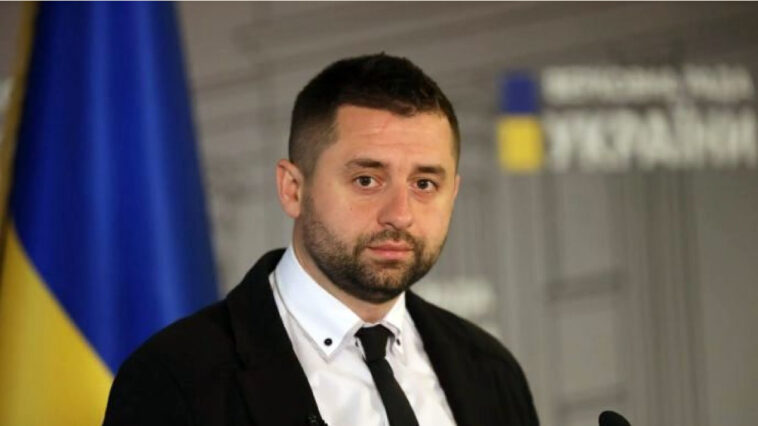David Arakhamia in the interview to RBC-Ukraine:
We are not talking about guarantees of collective security, but about security guarantees specifically for Ukraine. An attack on Ukraine in any shape or form — whether it’s an armed aggression, a police operation, or any other absurdity they can come up with, in any format — will be considered an attack. And then after the consultations within 72 hours max, the guarantor countries are obligated to provide the necessary assistance.
We don’t mean a neutrality model that makes us laid-back when we feel that we don’t need an army and let our guarantors take care of us. Not at all — as they say, God helps those who help themselves. So, the concept that is very close to us is that of “enhanced neutrality”.
Ukraine will continue to be able to receive weapons from its Western allies, as it has been both now and before the invasion.
At the first meeting, we deliberately started by asking if they planned to move within the Vienna Convention framework? The answer was positive. And the Vienna Convention helps us a lot, because it clearly states that if the contract is signed under pressure, it’s considered null and void.
When we reach the conditional signing of the agreement or at least the point when it can be seriously discussed, they will have to withdraw completely. And only then will we sit down to sign, endorse or initial it.
The question of ORDLO is the most difficult one. To be honest, the negotiating groups haven’t even touched it because it was clear that we did not have enough political mandate to discuss it.
When representatives of the guarantor countries saw where we started and then where we got in three weeks of negotiations, they became very optimistic. They now tell us how cool we are because we’ve done so much. But the truth is, it’s not so much us as negotiators, it’s the Armed Forces that are doing the work for us.
The negotiating position directly correlates with the position on the front, not the other way around. Therefore, God willing, we will have even better positions.
In general, we said from the start that our negotiations would not influence the military in any way. They are doing their job by liberating our land. Of course, when they have success, we immediately try to use it in negotiations as leverage. But by no means the other way around.
At the negotiations we talk about the return of their troops to their positions as of February 23 this year. As long as they remain in the territories they’ve occupied after February 23, there can be no agreements of any kind, let alone referendums.
I’ve saved the capitulation agreement proposed by the Russian delegation for the museum of our victory’s history. The copy is with me awaiting its time.
Source – https://t.me/David_Arakhamia


